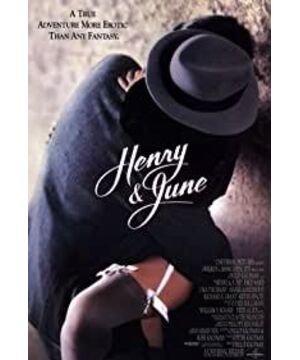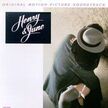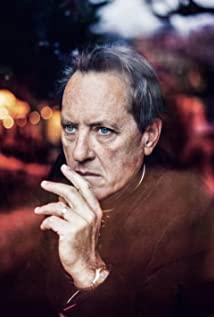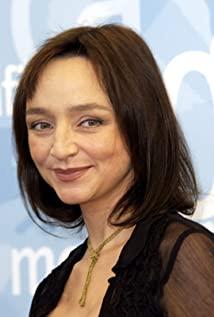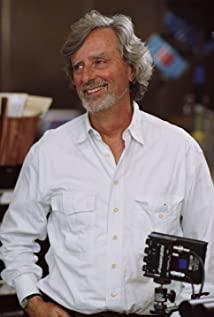Woody Allen's art circle films are somewhat proud and ironic, including self-deprecation. Philip Kaufman's attention seems to be simpler, just the artist's self-circulating lifestyle, that is, the artist can never distinguish between life and life. Creation, or in other words, the artist must create his own life, the creation process itself is nothing but a record, so what Joan called "he (Henry) is using you, and you are using me" is not important at all, they don't specifically change the law Life, or in other words, trying various ways of life, just living the life of you and me, how can there be any creative source? (True geniuses like Mozart and Kafka who do not need to live by imagination alone, of course, are few and far between.)
Since life is for creation, or in other words, living a creative life, or in other words, a writer and artist must live many lives of ordinary people like you and me, how can we do it step by step? Sexual promiscuity is the only way to save time and money. What's more, Henry Miller wants to practice his creative theory in his life, and naturally he needs to focus on his mind and body. Anne gave him money and enthusiasm Huo, of course, the story between them will not end with the ones played in the movie; what Annie wants is pure, strong, new life that can make her cry constantly, how can she be derailed? I am afraid that only bisexuality is the only shortcut to the South. Judging from the film, her life seems to be fragile, and her natural love is attracted by rudeness. Therefore, like ordinary female literary youth, she is very unreliable in looking at people, but what is much stronger than them is that she does things of a high standard. It is evidenced by her works.
Although the French regard France as a masculine noun, in fact, the personality is really like this Anne, who is delicate on the outside and a ruffian at heart. All human adventure games must be tried by him/her (the Paris Commune is an opening whistle); but it is also because Like Anne, Paris in the 1930s was full of maternal tolerance, providing a poor but comfortable life for frustrated artists, in the alleys and dirty bars, reality and fantasy, restlessness and smiles, jazz and street juggling, masks and nudes, carnivals With hunger, financiers and Madame Peron, ..., they are all in one furnace, and only the French, right?
Compared with Woody Allen, Philip Kaufman seems to be more of a person outside the art circle looking up to the artist's life. Thurman's elegant and wild, pure and anti-social beauty, from this point of view, he is more naive than Woody Allen, seems to be luckier than him, and maybe less hurt than him.
View more about Henry & June reviews


